In a society where Bollywood’s portrayal of romance often blurs the lines of consent, it becomes crucial to address the misconceptions that popular culture perpetuates. “Does love give us the right to overlook consent? No, not even if Bollywood says so!” delves into the damaging narratives spread by Hindi cinema that suggest a woman’s “no” is simply a prelude to a man’s conquest. Through the lens of personal experiences and critical analysis, this article by Ankita Anand explores the troubling dynamics of consent and equality in relationships. It challenges the outdated tropes of male dominance and passive femininity, urging a shift towards mutual respect and genuine communication. As we dissect the misleading messages in Bollywood films, we reaffirm that consent is non-negotiable, and true love never overrides the importance of mutual agreement.
Is it equality if it’s still the man who chooses whether or not to ask for consent?
Table of Contents
In a moment of physical intimacy, when I thought my long-standing partner and I were on the same page, he paused and asked me, “You’re OK with it, right? Because I don’t want to rape you.” I was stung to the quick by what felt like an insult. “Of course, I am OK with it, or I wouldn’t have been quiet so far.”
I understood that he was trying to do the right thing. Neither do I believe that “no” has to be accompanied by some physical action as specific as a Taekwondo step. In order to be heard and acceded to, no does not have to be spoken in a specific pitch or a delineated tone.
In order to be heard and acceded to, no does not have to be spoken in a specific pitch or a delineated tone.
“I’m letting you go because I’m such a good man”
But what he said seemed to crack the illusory mirror of an equal relationship from side to side. It appeared like I might have agency, but he had the power—an idea backed by popular culture through Hindi cinema
In these films, I have seen country bumpkin “heroes” corner rich, “spoilt” city women in secluded spots and make them realize that the heroes could have raped the women who had been such brats but wouldn’t because that’s how nice the men were. After this, the women would learn their lesson and stay in their place for the rest of the reel.
Related reading: What should I do if I love someone who does not love me?
The role of the women is passive
It takes me back to my problem with sexual cusswords, which sound like all men have the prowess to sexually assault their mothers and sisters, and those who don’t do so are men of sterling character. The women don’t have a role to play; they have to take lying down whatever comes their way.
The 2015 action-thriller NH10 tries to be an exception and challenge this idea. In it, the lead actor-producer Anushka Sharma fights to protect another woman, herself, and her partner. I saw this movie in a theater, and the discomfort it caused in the men in the hall was clear by their sniggering when Anushka tries to erase the word “randi” (slur for a prostitute) in a public toilet or seems on the verge of being captured by the men threatening to rape and murder her. These sons-of-the-soil visit the multiplex to be entertained, to see action dramas that would make them feel virile enough to take on the impending Mondays. And to see a woman in “their” place does not make them happy; no, that throws their weekend into a tizzy.
The findings of the 2014 study by the Geena Davis Institute on Gender Media therefore came as no surprise, with Indian cinema ranking high in the sexualisation of women. An Indian man in Australia escaped conviction when his lawyer argued that his client had been under the influence of Hindi movies, which hawk the myth that a woman’s no is fiction begging to be harassed, heckled and harangued into a yes. Songs such as “Neela dupattapeela suit. . .” from the 1997 movie Hamesha or “Appun bolatu meri. . .” from Josh of the year 2000 have lines insisting that the woman’s refusal is to be read as an acceptance. And to force-feed women this yes or to ignore their no, the male characters are licensed to employ all of their real or imagined brawn power over women who are not supposed to have any.
The burden is only on the men
This notion of consent also upsets equality in another way by putting the onus of asking solely on men. I recently met a college student who admitted that the recent discussions on consent had made her realize that when drunk at parties, she had been guilty of kissing men without having asked them. Another millennial friend told me that when her date had asked her before kissing, she had been upset because his apparently functional talk had ruined the romantic setting. On his way to the pharmacy, when my partner had matter-of-factly asked me whether I preferred a particular brand of condoms, I remember wincing. I felt something was off if that was my instinctive response to a man having equal consideration for a woman’s desire and pleasure.

It is common in cinema for a man to articulate desire, while the woman would smile in reticence, roll her eyes, and shake her head. The message being conveyed is that that if she were to concede to the man’s request she would be doing so only to fulfil the man’s wish and what she considers her own duty.
Related reading: How To Cope If You Have A Crush On Someone Who Is In A Relationship
Does “love” give you the right to overlook consent?
I mulled over it and felt that popular media had engaged us more in the romance of lovemaking and less in conversations about safe and consensual sex. In films like Jagga Jasoos (2017), Tanu Weds Manu (2011) and Life in a Metro (2007) the men in the lead have supposedly progressed from machismo into being sensitive, self-effacing people. They too, however, get the directorial pass to kiss the women they are pursuing while these women are asleep and are in no position to grant or refuse their consent. Nowhere in the stories does this behaviour get flagged as being problematic, because it has already been established that the men’s actions are driven not by “lust” but by “true love”.
No wonder then that 60 per cent of the around 9000 men surveyed in India by the International Centre for Research on Women admitted that they had been violent to their partners at some point. And a 2015 WHO report found India had the highest number of the world’s unwanted pregnancies (17.1 per cent).
Related reading: Date Rape: What It Is And What Are Date Rape Drugs?
Don’t want, don’t ask
Such situations also prove why asking for consent has to be thought of as mutual responsibility. Indian director Paromita Vohra’s short film, The Amorous Adventures of Megha and Shakku,does an excellent job of establishing this. It motivates women across ages to shake off their conditioning, (the association of shame and impropriety with the idea of a woman voicing her desire) and prompts them to freely speak out their yes, no and maybe, as the case may be.

The 2016 film Lipstick Under My Burkha also shows how the Indian society strives to keep both desire and consent away from women. The fact that the film had to fight a tough battle against censorship, while films where women are presented as consumables for men are readily shown the green signal by the film certification board, exposes the inherent gender bias of the Hindi film industry.
Consent cuts both ways
Just as the man doesn’t always have to be the one to ask the woman out or invite intimacy in a relationship, the woman can be the first one to ask if he’s OK with it.
Just as the man doesn’t always have to be the one to ask the woman out or invite intimacy in a relationship, the woman can be the first one to ask if he’s OK with it.
And if both think they must ask, no one would see it outside the purview of a romantic relationship. This would also break the hackneyed, and precarious, idea of how it is rude, or ungallant for men to say no to women. (I once seeing someone who had explained his cheating as part of his gentlemanly behavior, wherein he was too much of a knight to refuse a lady’s advances.)
Consent has to be rooted in respect for everyone around us, in the basic sensitivity of how we interact with each other. It should not have to depend on who can assert more force physically in a given situation or show greater agility in bolting out of it. When we say we wouldnot violate someone, it should be the same as saying we could not, because we practically shudder at the thought. Much of mainstream Hindi cinema still needs to learn this.
Your contribution does not constitute a charitable donation. It will allow Bonobology to continue bringing you new and up-to-date information in our pursuit of helping anyone in the world to learn how to do anything.

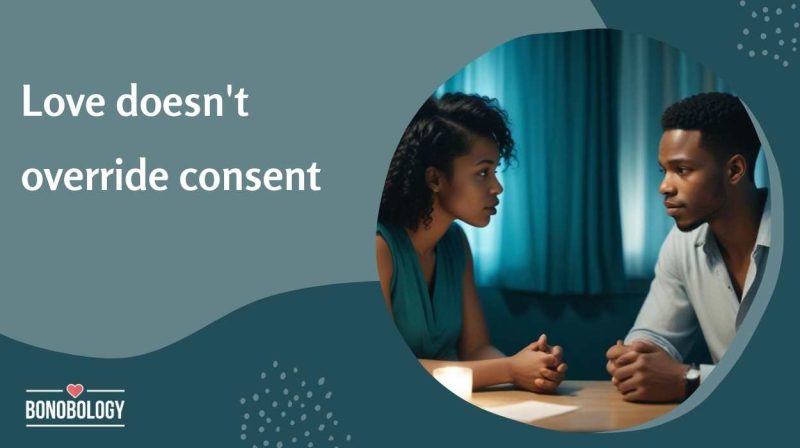

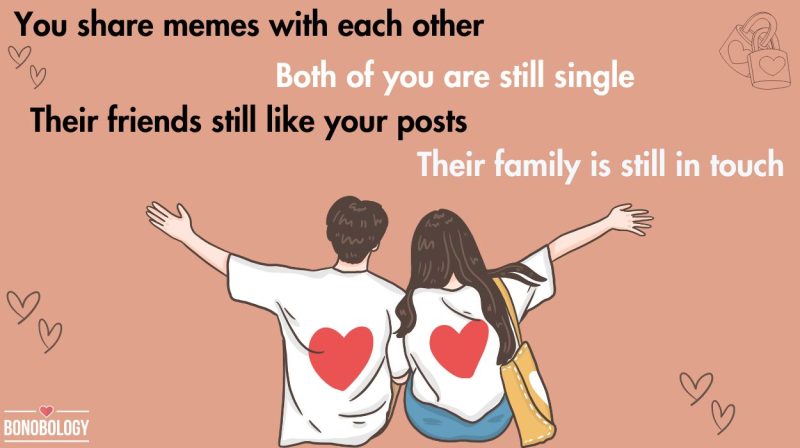














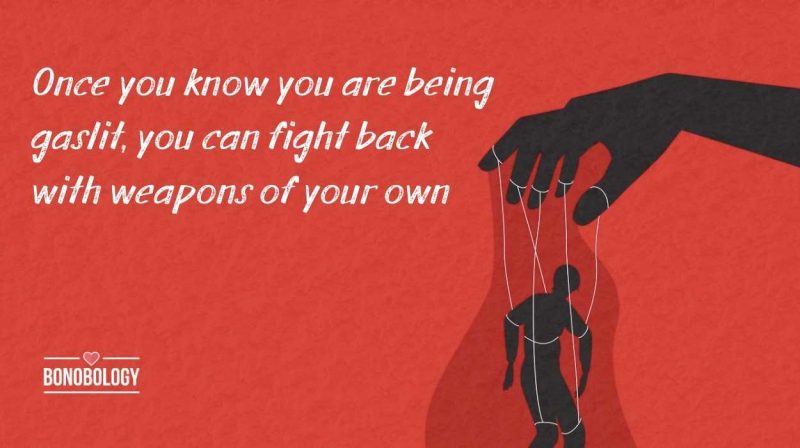
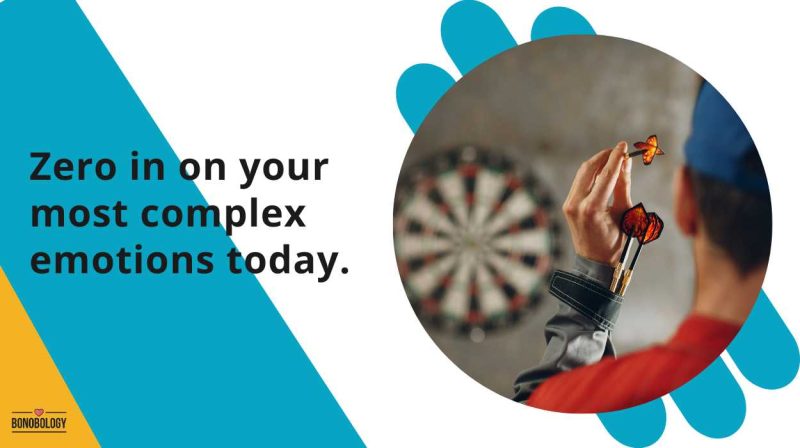
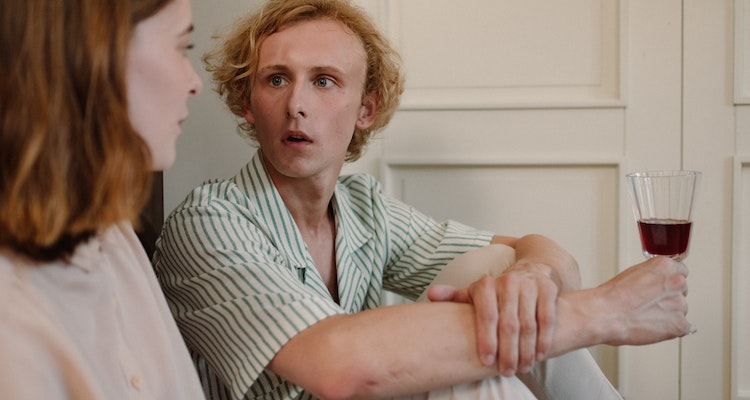

I couldn’t agree more. I have always had this question on my mind that how can men who ‘let you go’ without raping you when they have a chance be termed as ‘good men’. The fact that even the thought crossed their minds is scary enough!
Having said so I also believe that consent works both ways. One cannot always blame the boys and men.